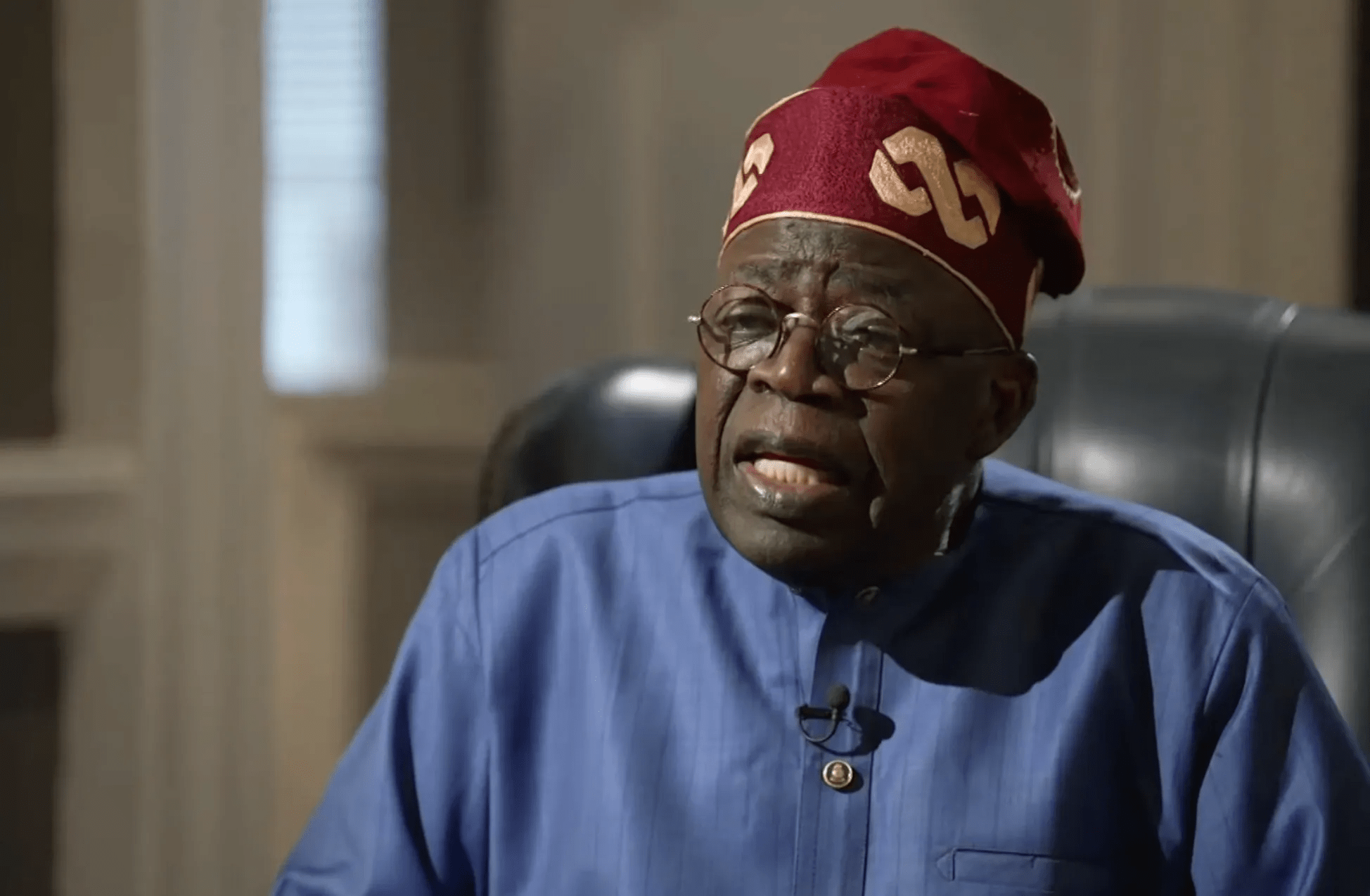President Bola Ahmed Tinubu appears to be losing his grip on the government, not in the sense of not being in charge as ex-PresidentMuhammadu Buhari was frequently accused of, but in the sense of not having a clear idea about what to do to make a lasting impact on the country. A detached observer would struggle to find precisely what the government is focused on, and consequently, what headway the government is making about anything. At the moment, the government is “just there”.
This is a road well-travelled in Nigerian political leadership. Our presidents usually come to office with some gusto, and at least a sense of what they need to get done. But soon enough, their governments begin to flounder and spin from one blunder or scandal to another. Nigerians on the other hand, being so impatient with and punishing their leaders – sometimes justifiably so – would also soon enough begin to tear at their leaders like a pack of hounds. A chain of unfortunate reactions is then set in motion between the leader and the led until that point is reached where one leader once cried out in exasperation, “I don’t give a damn!”
At that point, the bonds of empathy and purpose between the government and the governed are torn to shreds, as both lose sight of what is at stake in the first place. And rather than a record of successful projects or programmes completed, the reality of business-as-usual sets in and other extraneous issues take over the governance space. Winning the next election by all means becomes the only purpose of the new government, which opens the space for cronies and political functionaries, always on hand with their own private agenda, to enrich themselves at the expense of the country, and of the leader who appointed them.
This, in a nutshell, is the story of nearly all new governments in Nigeria. Former President Olusegun Obasanjo reached that point in just about two years. Presidents Goodluck Jonathan and Buhari got there even earlier, while the late President Umaru Yar’Adua started with it from day one. Some presidents recover from it, others never do, but continue to lunge from pillar to post until the next election sweeps them away or extends their nightmare, in a manner of speaking. The current president, I think, is already getting to that point of confusion barely six months in office.
- Why naira scarcity persists despite S/Court judgement
- Niger coup: ECOWAS’ role, challenges, and progress in restoring stability
Why does this situation happen so frequently in the Nigerian government? For Tinubu in particular, how has he gotten here so quickly and how can he get out of it?
Many Nigerians think our governments fail simply because the leaders are corrupt. This may be true, but a few Nigerian presidents have been inclined only to enrich themselves while in office; certainly not in the way most people think. Obasanjo sought to bend everything in Nigeria to his will, but personal enrichment was scarcely his motivation. Yar’Adua declared his assets on assumption of office, but was probably worth less by the time he died. Jonathan knew little about money when he took over, and probably even less by the time he left. As for Buhari, just the name still suffices. If you are looking for the motivation for corruption and personal enrichment in Nigerian government, you should search the political cronies, the party honchos, the civil servants, the so-called technocrats, the kith and kin of the leaders and other political office holders, most of who frequently peddle influence for personal gain – and just that.
So, the problem is not so much that our leaders are corrupt or that they are not just good enough or competent enough or not serious enough or not well-intentioned enough. The real problem is that Nigeria is really a basket case, and has been for a very long time. Nigeria is a near impossible governance challenge.
Consider the Nigeria Police Force (NPF). I doubt if there is any human being that can reform the police. Please look at police barracks or police stations or police uniforms or police training schools, or in fact the official behaviour of the average policeman or policewoman. Consider the Nigerian military too. In the past five years alone they have gulped about N10trn, but with nothing to show for it other than the corpses of Nigerians killed in their homes, farms or communities. Consider also the deep rot in the civil service: what will you do? Where will you start? Who will do it? What about corruption in Nigeria? Who on this planet can remove corruption from our body polity anytime soon?
What about the energy sector or the financial services sector or the education sector? What about the hospitals or the manufacturing and industrial sector? What about the so-called private sector which swims in money but can’t explain how it comes about it, and certainly lacks the capacity for Nigeria’s real economic take off? What, in fact, about the society itself, the masses, the churches and mosques, the unions, NGOs and media? What about the increasingly morally rudderless families we now have?
All of these spaces of life and actions come together to make good government. But who can reform them all at once? My point is that the challenges are truly overwhelming while the structures for getting things done are so underwhelming as to be nearly non-existent. Yet, each government comes along with a multiple-point agenda they know they cannot achieve, or at least should know. So, perhaps rather than continue with pretensions like Tinubu’s eight-point agenda, it is time we come to terms with ourselves and the true situation of things on ground.
There should be no shame or blame in a government having just a single-point agenda – or at most two – drilled down to the specifics. Given the enormity of the task at hand and the paucity of resources, President Tinubu, for example, can focus singly and entirely on the transport sector: build or complete all the major roads, the ports, the airports and the railways throughout the country. Every day of four years, you are focused entirely on just these and no more. All the drama and the noise in Nigerian government and society can continue as normal, because they will anyway. All the rot elsewhere can go on as usual, but not in your area of focus. But by 2027, you have changed one major sector of Nigeria forever.
In the next government, given the chance, you can focus on the energy sector only and get the electricity, oil and gas sub-sectors right once and for all. Another government can deal with education and health only, and transform them from head to toe. Yet another government can take on agriculture, manufacturing and industry, and change them root and branch. We can, in fact, continue with this piecemeal model of governance for the next 30 years regardless of who comes to office. My guess is that the cumulative multiplier effects of getting just one thing done at a time will actually get many more things done along the way.
Example, by resolving the problems of physical infrastructure one after the other, unemployment and other macroeconomic issues will improve along the way.
In fact, even the budgets for internal security will come down. The economy, as a whole, is just a picture. The real thing is made up of the parts. But of course, even this piecemeal, one-point agenda model of governance will not be easy in today’s Nigeria given the deep deep rot in every sector of the country. But it is feasible, certainly more feasible than what we have been doing.

 Join Daily Trust WhatsApp Community For Quick Access To News and Happenings Around You.
Join Daily Trust WhatsApp Community For Quick Access To News and Happenings Around You.


